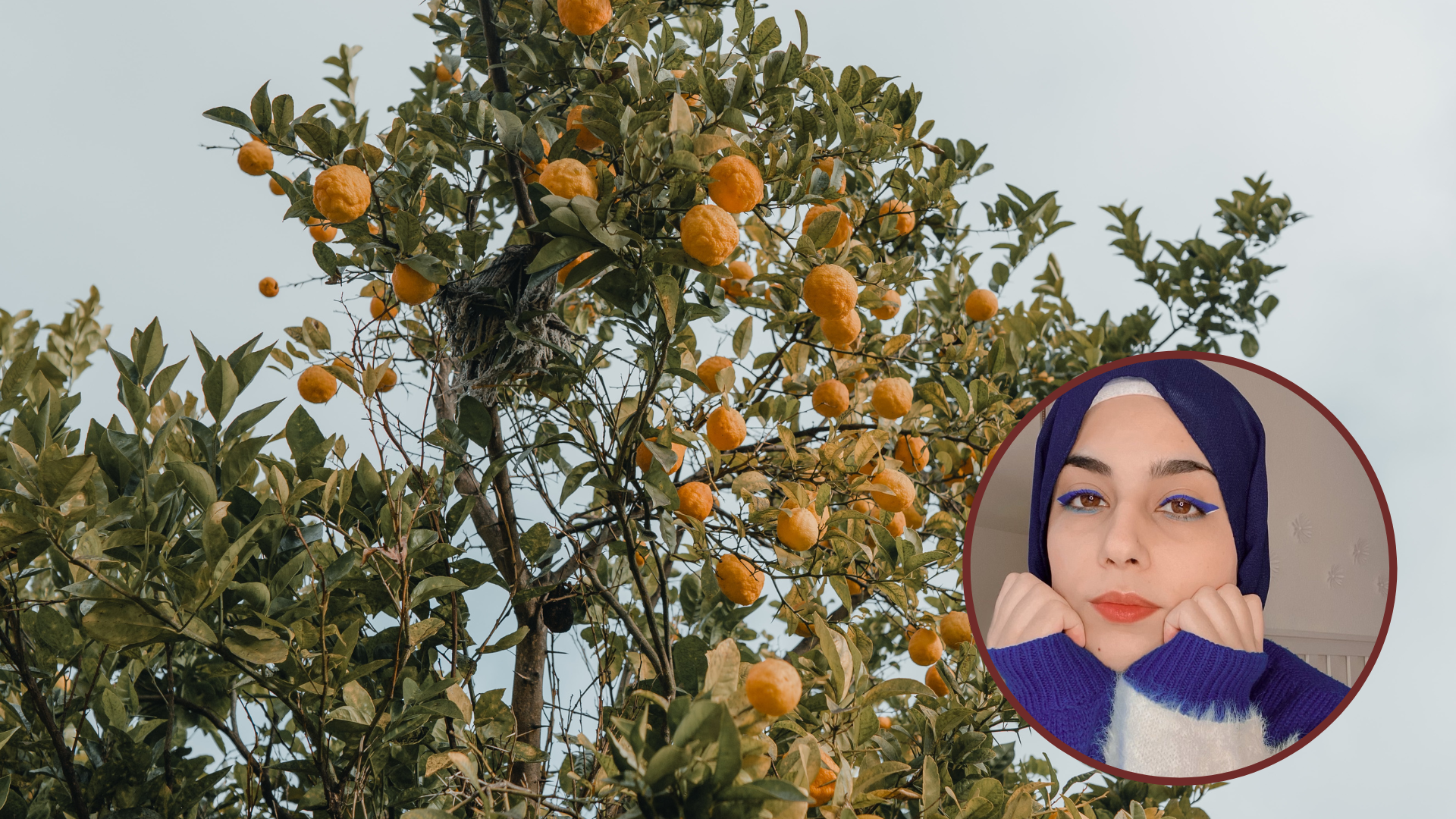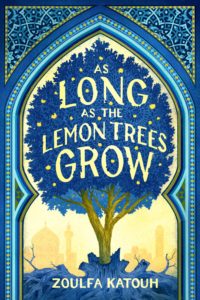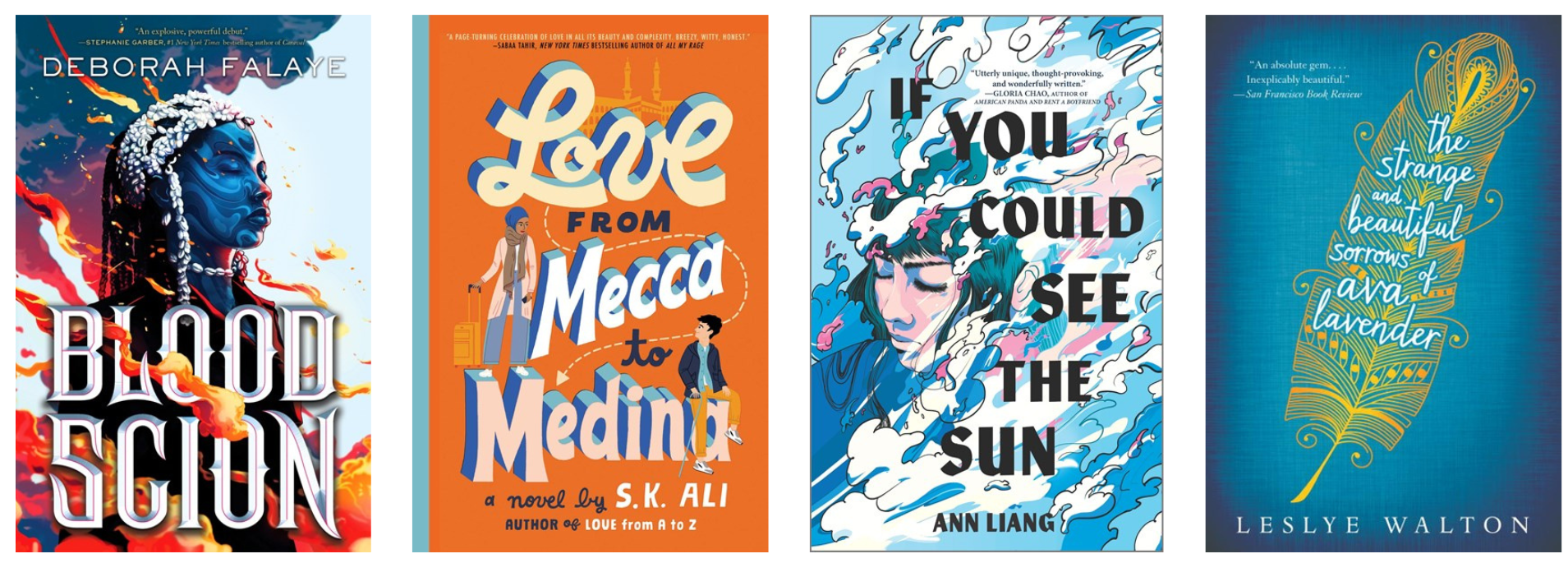
Zoulfa Katouh is a Syrian Canadian based in Switzerland. She is currently pursuing her master's in Drug Sciences and finds Studio Ghibli inspiration in the mountains, lakes, and stars surrounding her. When she's not talking to herself in the woodland forest, she's drinking iced coffee, baking aesthetic cookies and cakes, and telling everyone who would listen about how BTS paved the way.
We talked with Zoulfa about her debut novel As Long as the Lemon Trees Grow, drawing on her background in science, and healing her younger self through writing.
 Set amid the Syrian Revolution, As Long as the Lemon Trees Grow tells the story of Salama, a pharmacy student and hospital volunteer who is torn between her loyalty to her beloved country and her drive to leave home in order to survive. When did you know you wanted to write this book?
Set amid the Syrian Revolution, As Long as the Lemon Trees Grow tells the story of Salama, a pharmacy student and hospital volunteer who is torn between her loyalty to her beloved country and her drive to leave home in order to survive. When did you know you wanted to write this book?
When meeting people in Switzerland, a lot of people were interested when I told them I’m Syrian Canadian. They wanted to know what’s going on in Syria. And then I realized that the people in Europe and the West are mostly unaware of what’s happening. So I wanted to bring the story closer to people’s mind through a novel.
In the book, Salama is haunted by Khawf, an imagined companion who is the physical embodiment of her fear trying to keep her safe. What inspired you to personify fear and trauma this way?
In my faith, we believe everything has life. From the moon to the seas to the grass. So I thought of abstract notions that are believed by every single person out there. Why would they not have life as well?
With this story, you tackle the violence and horrors of war while making space for hope and love, especially in the romance between Salama and Kenan. How did you strike a balance that felt right for the story you wanted to tell?
It’s like a wave. There are the loud moments and the quiet moments. The loud moments are what happens in the hospital and the fear Salama goes through. The quiet moments are the ones she spends with Kenan and Layla. Each moment amplifies the other. Looking at it from a wave perspective helped me write that balance.
What do you hope readers will take away from As Long as the Lemon Trees Grow?
That Syrians and refugees as a whole are more than their pain and trauma. They have hope and dreams and ambitions and a history. They are not their situation they’re in. They’re more than that.
In addition to your work as an author, you are currently pursuing your master’s degree in Drug Sciences. Are there ways that this background in the sciences has shaped your writing?
It has helped me when writing Salama’s point of view. Her thoughts are usually scientific based as well as her knowledge for drugs. It does bleed into my other writing as well because my foundation is science, but science and art do exist together, and they create something beautiful.
What is your favorite part about writing young adult fiction?
Healing my sixteen-year-old self.
Have you read anything recently that you really enjoyed? Are there upcoming books that you are excited about?
Blood Scion by Deborah Falaye
Love from Mecca to Medina by S.K. Ali
If You Could See the Sun by Ann Liang
The Strange and Beautiful Sorrows of Ava Lavender by Leslye Walton


